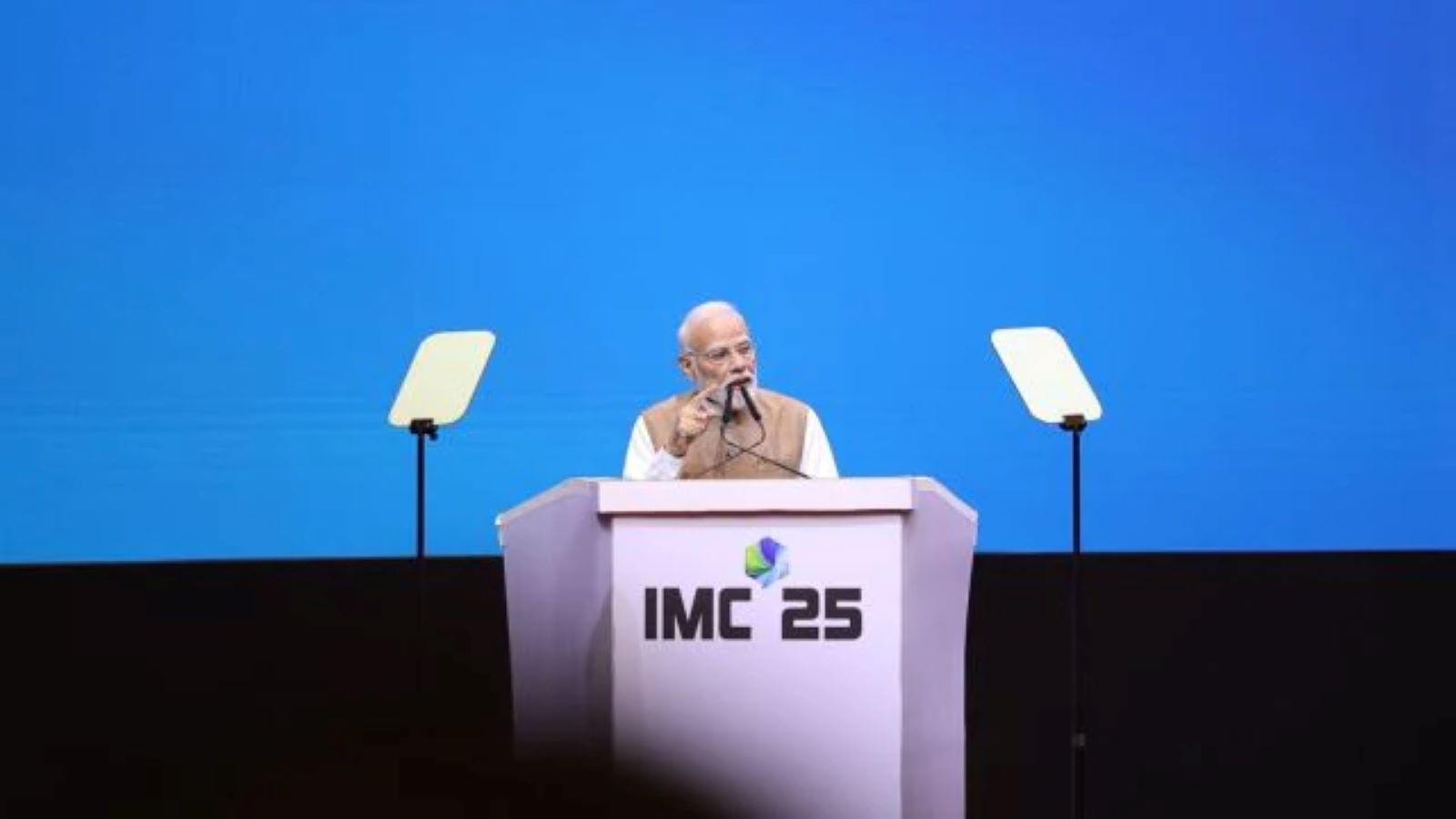As India gears up for the new government in 2024, the startup community is vocal about its expectations and needs. The past few years have presented numerous challenges, and entrepreneurs are now looking towards the government to fill the gaps and create a more conducive environment for growth and innovation. Here’s a detailed look at what startups hope to see from the new government.
Policy Reforms for Enhanced Investment
One of the primary concerns for startups is the need for policy reforms that can attract both foreign and domestic investments. In recent years, the startup funding landscape has seen a significant downturn. According to a report by Tracxn, 2023 witnessed a 72% decline in startup funding compared to previous years. Entrepreneurs like Prasad Sreeram, CEO of Cogos, emphasize the need for clear policies that encourage investment, especially in deep-tech sectors that address critical challenges in India. This could involve tax incentives, streamlined regulatory processes, and support for innovative ventures.
Skilling and Employment
The blue-collar workforce is another area that requires attention. With the government investing in skilling initiatives, there is a substantial opportunity to equip workers with the necessary skills to meet the demands of a growing economy. Puneet Dhiman, CEO of chaabi.ai, highlights the potential for explosive growth in this sector if the right training programs are implemented. This would not only enhance employment opportunities but also contribute to India’s economic goals by creating a more skilled and capable workforce.
Supportive Regulatory Environment
Startups are also calling for a regulatory environment that balances oversight with entrepreneurial freedom. This includes simplifying GST regulations and providing easier access to credit facilities. Harshwardhan Patwardhan, founder of Chappers, points out that the current GST compliance requirements can be stringent, and easing these regulations could help startups manage their cash flows better. Additionally, there is a call for increasing the threshold for ESI and PF requirements to reduce legal complexities for small businesses.
Focus on Real-World Problem Solving
Entrepreneurs like Saurabh Gupta, founder of Verismart, stress the importance of addressing real-world problems through innovation. This involves focusing on sectors such as environmental tech, cleantech, and foodtech. The government can support these initiatives by creating policies that encourage startups to develop solutions for broader societal issues, rather than just leveraging technology for the sake of innovation. There is also a push for policies that encourage reverse migration, bringing back Indian-origin companies that have moved abroad due to stringent domestic regulations.
Incentives for Sustainable Operations
Sustainability is a key concern for many startups. Umesh, a spokesperson for the MSME sector, calls for incentives that promote environmentally friendly practices. This includes tax rebates, subsidies for sustainable operations, and support for companies adopting green technologies. As the global focus shifts towards sustainability, these incentives could position Indian startups at the forefront of this movement, driving both economic growth and environmental stewardship.
Enhanced Digital Infrastructure
Another critical area is the development of digital infrastructure. Entrepreneurs are urging the government to prioritize the enhancement of digital connectivity and accessibility across the country. This would involve investing in broadband infrastructure, supporting the rollout of 5G technology, and ensuring that even the most remote areas have access to high-speed internet. Such measures would enable startups to operate more efficiently and reach a broader market.
As India steps into 2024, the startup community is optimistic about the future but also clear about the support it needs from the government. From policy reforms and regulatory support to incentives for sustainability and enhanced digital infrastructure, these measures are crucial for fostering a thriving startup ecosystem. By addressing these gaps, the new government can help create an environment where startups can flourish, drive innovation, and contribute significantly to the country’s economic growth


















